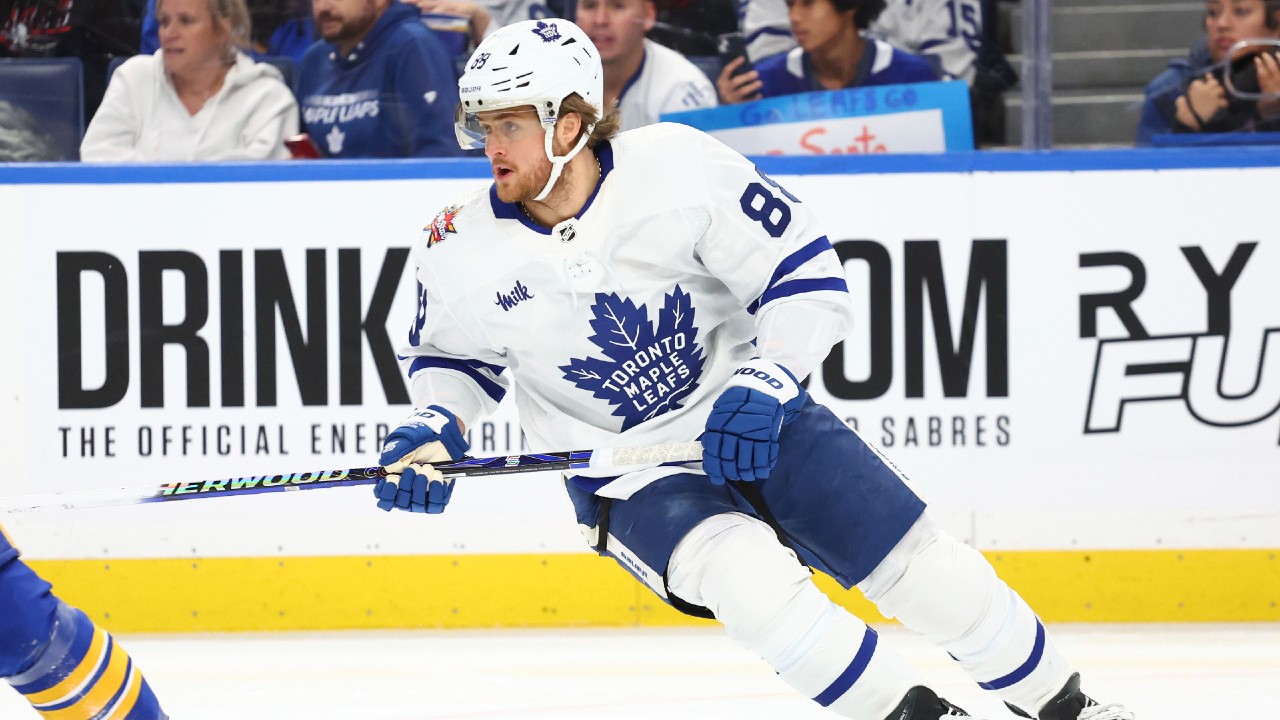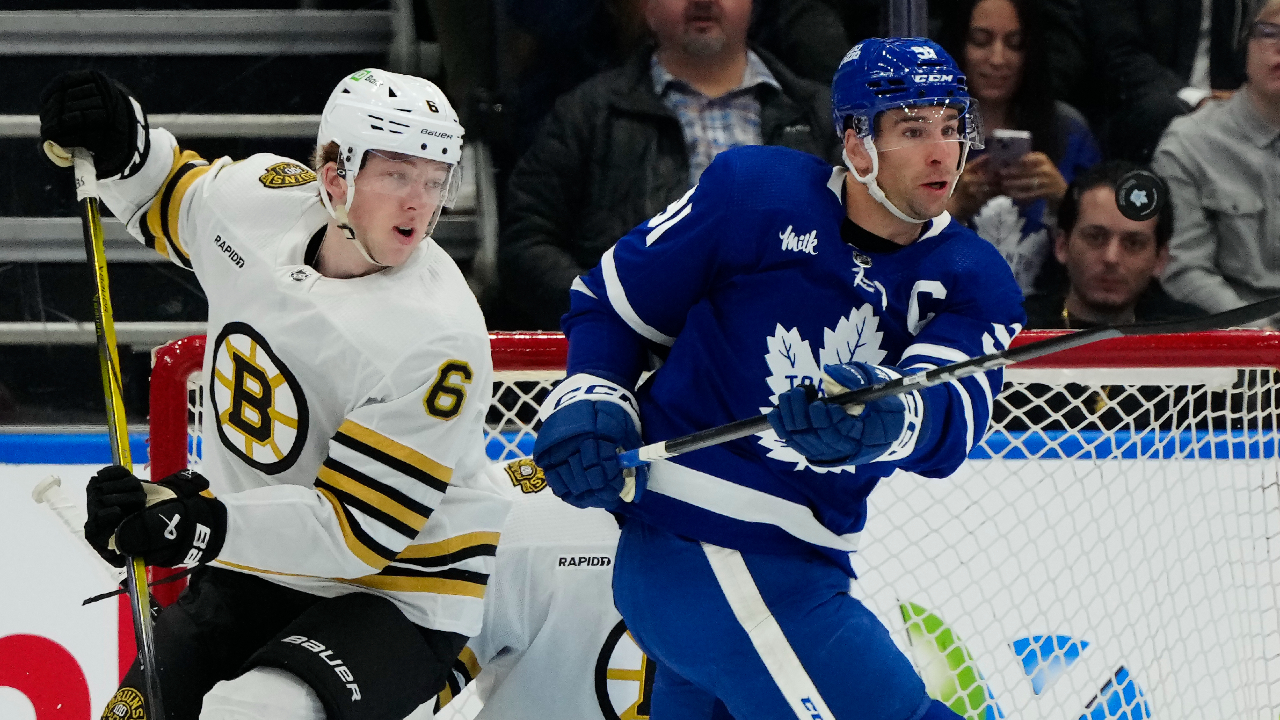
TORONTO — The NBA has gone dormant. The Toronto Raptors, like almost every other club, are having video meetings mostly just to meet — making plans mostly just to plan for contingencies that may never arise.
What else is there to do in the midst of a pandemic that keeps asking questions that no one has answers for?
But late last week came some news, or at least the hint of it: As reported by ESPN’s Adrian Wojnarowski, the Chicago Bulls are moving on from their current management team after three years out of the playoffs and no clear path to contending any time soon.
Among their reported targets, not surprisingly, is Raptors general manager Bobby Webster, the mid-30s executive who has taken on a more public-facing role with the team over the past couple of seasons.
It is the price of success: When you help put together the first team to win an NBA title without a lottery pick on the roster, and when that team loses an MVP candidate and another starter and comes back the next year on pace to have a better record and poised to finish top four in the East for the seventh straight season, you get noticed.
Raptors president Masai Ujiri isn’t doing this by himself.
Keeping his executive team together as long as possible was one of the reasons Ujiri relinquished the general manager’s title and promoted Webster into it after the Orlando Magic head-hunted former Raptors GM Jeff Weltman in May of 2017.
It’s customary that teams don’t stand in the way of their people being recruited for promotions in the NBA. Bumping up Webster meant that only teams looking for a president or director of basketball operations role could realistically come looking.
But that’s what the Bulls are on the hunt for, and — recent struggles aside — the franchise that Michael built is still one of the premier destinations in the NBA.
Which doesn’t mean Webster is likely to end up in Chicago, his father’s hometown.
The sense is in this case the Bulls won’t be granted permission to speak with Webster, who is under contract until the end of the 2021 season.
It’s not about the Raptors trying to be difficult or stifle Webster.
But timing is everything, and for the moment it’s easy to understand why Raptors minority owner and MLSE chairman Larry Tanenbaum — the likely point of contact for Bulls ownership — would politely refuse the request of another team to speak with one of his most important basketball employees.
The pandemic that has brought the NBA — and nearly everything else — to a halt has created an avalanche of questions, from what happens if or when play resumes to all the tumbledown effects those decisions will have on what will be a very uncertain off-season for the Raptors, with free agency looming for three of their five starters in Marc Gasol, Fred VanVleet and Serge Ibaka, and with the face of the franchise, Kyle Lowry, heading into the final year of the two-year deal he signed in training camp.
Head coach Nick Nurse is also heading into the final year of his deal, along with Alex McKechnie, the club’s highly regarded vice president of player health and performance.
To put it simply, nearly every key member of the basketball operation is either a free agent or a year away from becoming one.
The elephant in the room of course is that standing on top of all this uncertainty is the fact that Ujiri is the biggest pending free agent of all.
So, add it all up and Tanenbaum would have to be a fool to entertain the possibility of losing his No. 2 basketball executive — Webster — at this particular point in time, and Tanenbaum is no fool.
[radioclip id=4886366]The belief is the Bulls — if they haven’t been already — will be told “this is not a good time” when they come calling for Webster.
But that doesn’t mean Tanenbaum doesn’t have a difficult to-do list to figure out and not a whole lot of time to start getting things done if he’s hoping to keep the smooth-running Raptors machine rolling.
The Raptors front office is deep, but that comes with its own risks. Sure, Webster could move on and Raptors assistant general manager Dan Tolzman could jump over a seat, making for a relatively seamless transition, but the bigger-picture question is how will the Raptors make sure they can maintain the momentum their basketball staff has created without them being constantly at risk of being poached?
To recap: nothing much has changed since news broke earlier this year that the New York Knicks were targeting Ujiri with a big-money offer to rescue them from nearly two decades of constant futility with occasional trips into chaos.
Ujiri has not been offered an extension on his current deal by the Raptors and is believed to be willing to work into the last year of his current deal (2020–21) without one.
It’s the same approach he used in Denver after the Nuggets were slow to extend his contract after a couple of good seasons. In his final year with the Nuggets – 2012–13 – Ujiri was named executive of the year after Denver won a franchise-best 57 games and then joined Toronto as a free agent, becoming one of the best-paid executives in the game.
There were some preliminary conversations in February with Ujiri, but progress stalled after Tanenbaum had minor surgery and MLSE board member George Cope was out of the country.
Even then it seemed like there was time to work with, but the COVID-19 pandemic has added another layer of complication beyond the obvious and not-to-be-undersold concerns about public health.
Some longer-term questions are likely even more difficult to answer. What shape will the MLSE board take after Cope — a longtime Ujiri ally — steps down this summer? And what appetite will MLSE’s majority owners — publicly traded communications giants Bell and Rogers (which owns Sportsnet) — have to keep the Raptors among the NBA’s elite as payrolls peak at $200 million or more?
The business of basketball will become more complicated the moment the NBA can become more definitive about the fate of the 2019—20 season and off-season.
In the meantime, the optics of negotiating a lucrative executive contract during a health and emerging financial crisis are less than ideal for Tanenbaum and Ujiri, each civic minded enough to be conscious about those kinds of things.
And the first thing Ujiri is going to want to know is: “What are you going to do for my guys?”
Tanenbaum will need to figure out how to fairly come to new deals for most of his basketball people at the same time as the league’s financial picture has never been more uncertain.
Failing to do that will only mean that more teams will keep trying to raid the basketball operations staff that Ujiri has put together. And as the weeks and months go by without having things settled in Toronto, the more interested those staff will be in listening.
These aren’t the bad old days. No one is rushing for the door in Toronto. The organization is recognized league wide as one of the better places to work in the NBA. There is no rancor, and even Tanenbaum and Ujiri have remained on good terms as Ujiri’s name comes up in reports and rumours.
But there was a window to put all of this to bed in the summer of 2019 after the Raptors won, rewards for everyone for jobs well done.
That window passed and things have only gotten more uncertain since.





